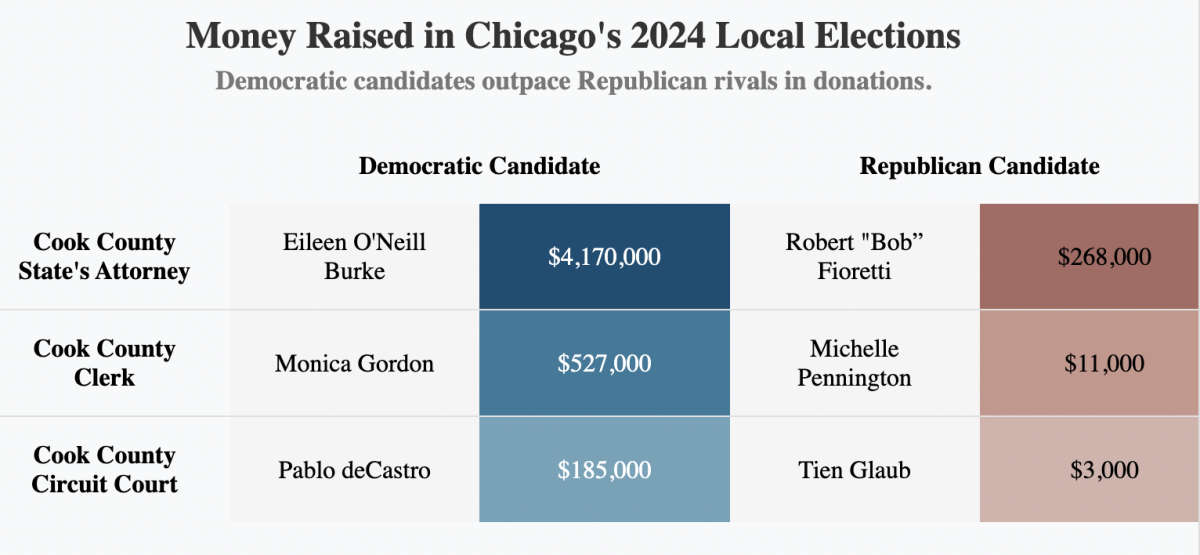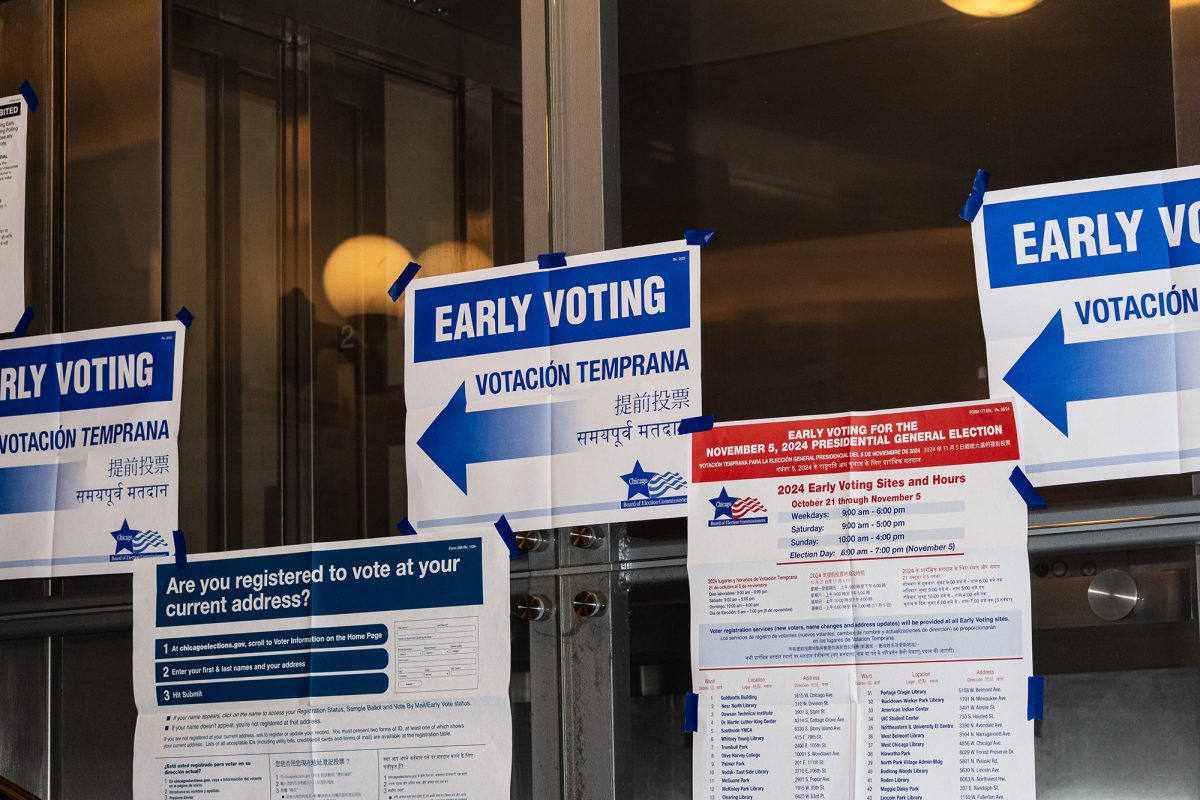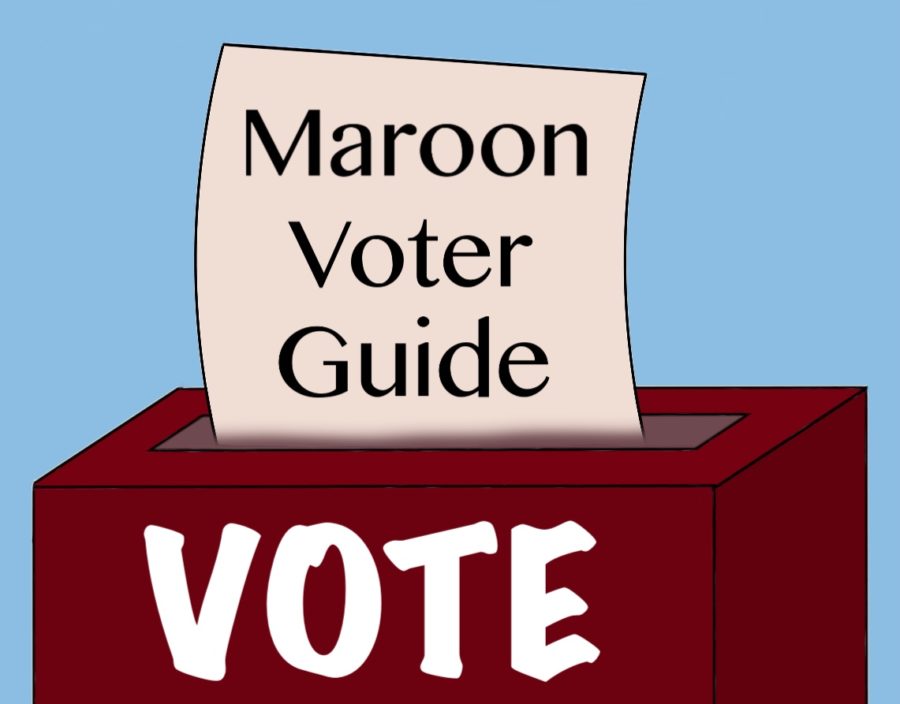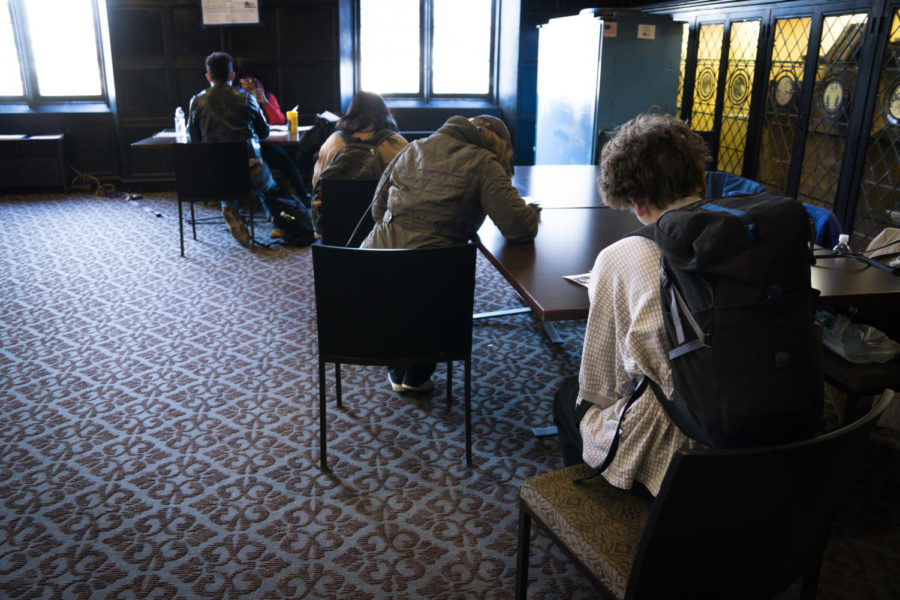As November nears, the election could determine whether a federal bill calling on almost all higher education institutions to adopt the Chicago Principles has a chance of passing.
A section of the End Woke Higher Education Act (H.R.3724) “calls on nonsectarian institutions of higher education to adopt the Chicago Principles or substantially similar principles.”
The bill passed on September 19, 2024 in the U.S. House of Representatives, where Republicans currently have a majority by eight seats, and is now moving through the Senate, where Democrats have a majority.
Many believe Democrats’ Senate majority is precarious, though, and whether Republicans manage to take the majority could determine whether the bill is ultimately signed into law.
Introduced by Representative Burgess Owens (R-UT), the bill was passed in the House by a 213-201 vote, with all voting Republicans in favor and all but four Democrats opposed. If the Senate flips Republican this November, which many election forecasters currently view as likely, the bill’s chance of passing could rapidly increase.
The bill would not legally mandate the adoption of the Chicago Principles or similar principles but merely urge higher education institutions to do so.
In communications with the Maroon, Owens’s office said that the bill specifically recommended adopting the Chicago Principles because they “are seen as the gold standard for promoting and protecting free speech.”
The section of the bill titled “Adoption of the Chicago Principles” reads:
“The Congress—
(A) recognizes that free expression, open inquiry, and the honest exchange of ideas are fundamental to higher education;
(B) acknowledges the profound contribution of the Chicago Principles to the freedom of speech and expression; and
(C) calls on nonsectarian institutions of higher education to adopt the Chicago Principles or substantially similar principles with respect to institutional mission that emphasizes a commitment to freedom of speech and expression on university campuses and to develop and consistently implement policies accordingly.”
The office of Representative Brandon Williams (R-NY), who originally drafted the section, did not respond to a request for comment from the Maroon.
Since December 2023, a wave of institutions including Harvard, Stanford, the University of Pennsylvania, and Northwestern have already voluntarily adopted official positions of institutional neutrality substantially similar to UChicago’s Kalven Report, which the Chicago Principles are built upon.
The drafters of the Chicago Principles report said that the widespread adoption of the principles by other academic institutions came as a surprise.
Law professor Geoffrey Stone chaired the committee commissioned by then-President Robert Zimmer in 2014 to create the report. The Principles were “written specifically about the University for the University,” Stone said. “It didn’t even occur to us that anyone else would adopt it.”
One of Stone’s former students and Princeton’s president, Christopher Eisgruber, was the first to “figure out that you could just lop off all of the discussion about the history of the University of Chicago and adopt the substantive part of the report,” Stone recalled.
At the same time, Stone said he didn’t think the Chicago Principles should be treated as a panacea. “It’s a short document that doesn’t attempt to dictate specific outcomes with respect to every hypothetical,” he said.
Tom Ginsburg, founding Faculty Director of the Forum on Free Inquiry and Expression, said in a separate interview with the Maroo* that he didn’t believe the Chicago Principles were necessarily a good fit for all institutions.
“I think they’re good for us. I don’t think that every university in the country has to adopt them because universities have all kinds of different purposes and cultures,” Ginsburg said. “At the end of the day, these things only work if they’re embedded in the culture of the university.”
Ginsburg emphasized that UChicago had not promoted the bill, and Stone stressed that “unlike public universities, private universities are free to be who they want.”
Ginsburg said he thought the federal bill might “force [universities] to come up with better programs to promote open discussion in classrooms” but expressed that Congress should leave the situation to higher education professionals to manage.
“I think that higher education should sort itself out,” Ginsburg said. “When Congress is passing laws in a highly politicized and polarized environment, they’re not likely to help much…. I’m pretty skeptical about the state of Congress, I’m sorry to say, so I don’t think [trying to promote productive academic speech is] what they have in mind.”
He added, though, that he could “understand the impulse” of people who thought higher education institutions had not managed free speech well enough on their own.
“I think universities need to return to recognize that their core mission is freedom of inquiry. It’s to teach and to research,” Ginsburg said. “We have huge problems in this country… that we’re not going to make progress on without universities, and that universities won’t make progress on if they’re dominated by groupthink, where everyone thinks the same thing and is unable to challenge each other’s ideas. So I think that it’s really important for universities to realize that’s their job—to provide an environment in which people can talk across difference[s] and challenge each other on their ideas. And if we can do that, maybe we’ll regain the faith of the public.”









